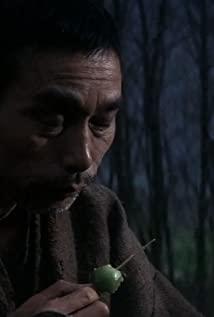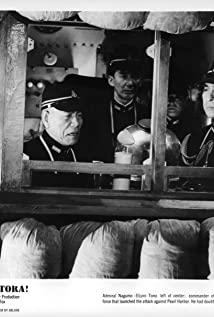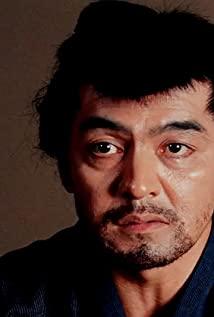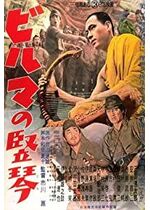-
Milo 2022-04-21 09:03:15
The company commander's parrot said, "Mizushima, come back to Japan with us." Mizushima's parrot said, "No, I can't go back." If I were Japanese, I would definitely be moved by this movie. Reflecting on war movies, the Japanese have always made them more deeply and more human than...
-
Sofia 2022-04-21 09:03:15
The vast landscape is well shot. I chose a prototype adaptation of Ophelia who played the harp and stayed in hell, but the reflection on the war included the undead of Japanese soldiers and no...
-
Winston 2022-04-21 09:03:15
It's wrong to point to the color version. . . . Oops. 1. Not like the Japanese, but like the Westerners. 2. War films should not lead people to hate, but should tell people how peace is hard-won; 3. History cannot be forgotten, but history should be used as a reference rather than a burden to reality; 4. There is no such thing as a War is to be...
-
Blaze 2022-04-21 09:03:15
20080906 1645 Arts Centre
-
Cameron 2022-04-21 09:03:15
syd recommended. It's not interesting, the ideological awareness of the protagonist is higher than that of the characters in our main theme...
-
Hassie 2022-04-21 09:03:15
The development of literary youth and then become a monk in one second, the captain and Mizushima CP are too obvious! The music is excellent, the image of the parrot is madly liked, the best Ichikawa I have seen so far! The appearance of the Three Kingdoms when they were young couldn't be...
-
Justina 2022-04-20 09:02:25
Although the singing company, the harpist, etc. may be just unique cases, this is not contrary to the ideological content that this film wants to convey, and it is a reasonable story technique. Xiao Wuzhong is a typical character who creates realism. The pursuit of each film is one of the real judging criteria. It cannot be said that this film has no meaning for reflection. From its international fame, we know that this film is not as simple as a self-depressing film that Japan is a victim. It...
-
Amelie 2022-04-20 09:02:25
From start to finish, Ichikawa's little-known classic exudes a stirring humanism. A sentient anti-war film whose creative portrayal of disaster, trauma, and people's reactions rivals World War II masterpieces like "Song of the Soldiers." Mizushima's mission as a monk to bury Japanese soldiers was a kind of pilgrimage, and his mound resembles a stupa, and his practice of saluting the tomb is reminiscent of Buddhist rituals on stupa. The film's visuals also convey a Buddhist message, with a...
-
Marcelle 2022-04-20 09:02:25
The point of view of the war is very...
-
Verda 2022-04-20 09:02:25
16-17-01 A very touching anti-war...
The Burmese Harp Comments
Top cast
-
British officer: We've done all we can. The troops that took Triangle Mountain have returned home. The Japanese survivors are not in this town.
Captain Inouye: But that tune?
British officer: You hear a certain way of playing - a few notes floating by the breeze, and it's enough to make you think a dead man is alive. You must be dreaming.
British officer: [to his adjutant] He must be dreaming!
-
Captain Inouye: The songs uplifted our spirits and sometimes our hearts.
Director: Kon Ichikawa
Language: Japanese,English,Burmese Release date: April 28, 1967








